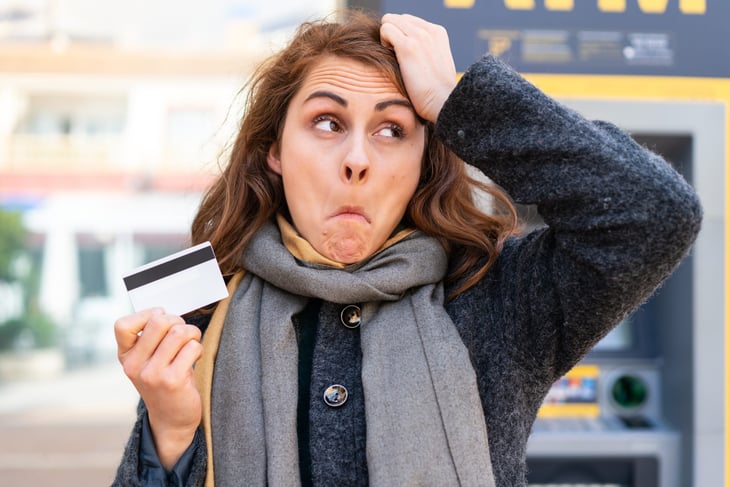
A debit card is a lot like cash because transactions are instantaneous. The minute you check out is essentially the minute that money leaves your bank account.
Using debit cards can be risky too. They don’t offer a lot of financial protection and are more attractive to thieves in certain situations.
For these reasons and others, sometimes you’re better off using a credit card or cold, hard cash. Here are some big examples.
1. Online purchases
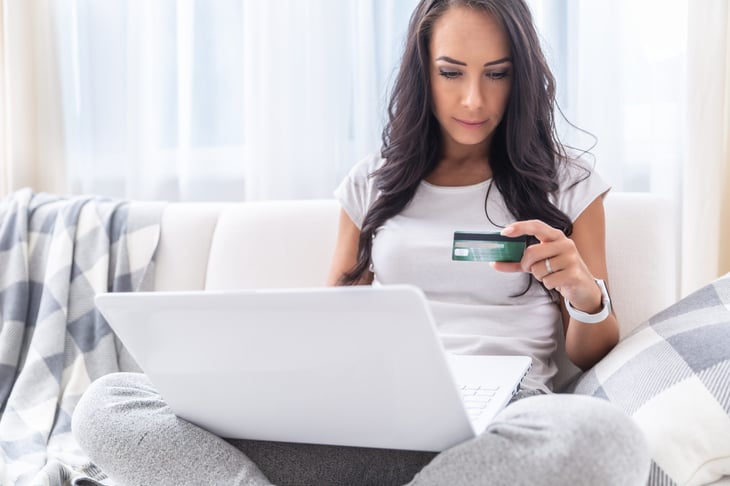
It’s safer to pay with a credit card when shopping online, according to the U.S. Federal Trade Commission (FTC). If cybercriminals intercept your debit card number, they can immediately drain your account.
Credit card transactions also have more protection under federal law than debit card transactions. For example, the Fair Credit Billing Act gives you the right to dispute credit card billing errors and withhold payment while your card issuer investigates the disputed charges. This law also generally limits your responsibility for unauthorized credit card charges to $50.
2. Gas
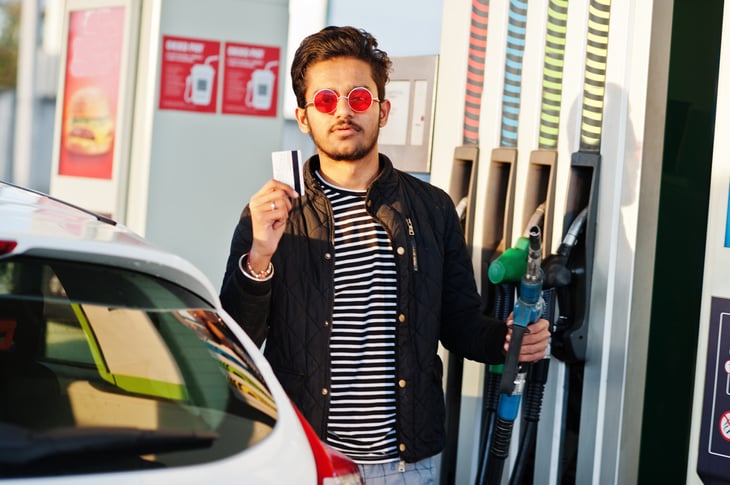
Gas stations can be hot spots for criminal activity. According to Visa, about 1.3% of payment fraud in the U.S. occurs at fuel pumps.
The FTC has warned travelers about the use of card skimmers at gas pumps. Skimmers are illegal card readers that criminals can attach to payment terminals. Fuel pump payment terminals are attractive targets because they are not manned by employees.
The FTC explains:
“These card readers grab data off a credit or debit card’s magnetic stripe without your knowledge. Criminals sell the stolen data or use it to buy things online. You won’t know your information has been stolen until you get your statement or an overdraft notice.”
Though not a completely risk-free option, a credit card is safer for buying gas.
If you must use a debit card, the FTC advises running it as a credit card. When you use a debit card as a credit card, you won’t have to enter the PIN — which helps keep your PIN safe — and the money won’t be immediately deducted from your bank account.
3. Eating out
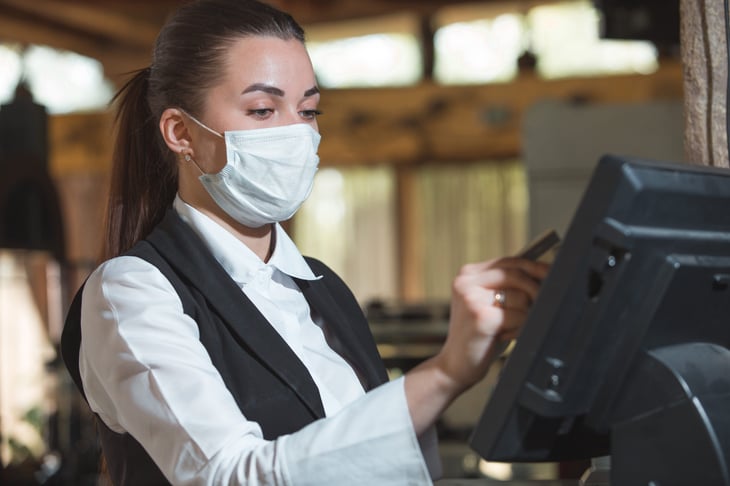
Let your debit card be out of sight for a few minutes, and it could end up in the wrong hands — or in a card skimmer.
Try to use cash or a credit card when eating out — unless your waiter brings a handheld payment system to the table so your plastic never leaves your sight.
4. Hotel reservations

To secure your room reservation and cover incidentals, hotels will put a hold on your payment card. If you give a hotel a debit card, it will effectively take the amount of the hold out of your bank account, according to Frommer’s.
The funds will be returned after you check out. But it might take your bank several days to process the request, meaning the funds will remain inaccessible to you for several days after your hotel stay.
Avoid the headache and book hotels with a credit card instead. Just be careful not to exceed your credit limit while the hold is on your credit card.
5. Car rentals

If you don’t have a credit card, renting a car will likely cost you more than the daily fee. Some Hertz locations, for example, perform credit checks on many customers who rent with a debit card, according to the company’s website. That can ding your credit score.
Some car rental companies might also place a hold on your debit card.
6. Other rental items

When it comes to planning events — like a wedding or child’s birthday party — use a credit card to rent tables, tents and bounce houses.
Party rental companies often require a deposit. So, presenting a debit card means the deposit amount will be taken straight out of your bank account.
The same goes for renting trucks and tools at a home improvement store.
7. Big-ticket items

Have you ever had new furniture delivered, only to find the corners dinged or the upholstery stained?
If you paid with a credit card, you could dispute the charges and get your money back. Again, the Fair Credit Billing Act gives you the ability to dispute credit card transactions and to withhold payment while your credit card company investigates.
Unfortunately, it’s not the same with debit card transactions. Plus, the money will be long gone from your bank account before you even notice the furniture damage.
8. Subscriptions and automatic purchases

In the age of meal-delivery services, auto-ship programs and electronic toll-road passes, you may be tempted to set it and forget it.
You simply put your debit card on file, and the company automatically charges you on a recurring basis. But if you don’t tally these expenses into your monthly budget, your bank account might end up in the red.
To avoid overdraft fees, use your credit card for automatic recurring expenses.
9. Cash withdrawals at independent ATMs
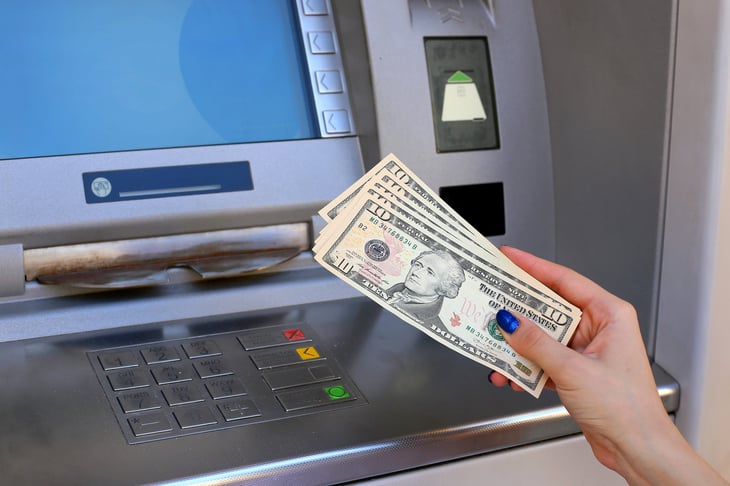
Withdrawing cash at a freestanding ATM can put your debit card in danger. These machines are less likely to be monitored than ATMs at banks, which means fraudsters can more easily compromise them.
So, if you’re trying to get cash to buy dinner, use an ATM at a physical bank.





Add a Comment
Our Policy: We welcome relevant and respectful comments in order to foster healthy and informative discussions. All other comments may be removed. Comments with links are automatically held for moderation.